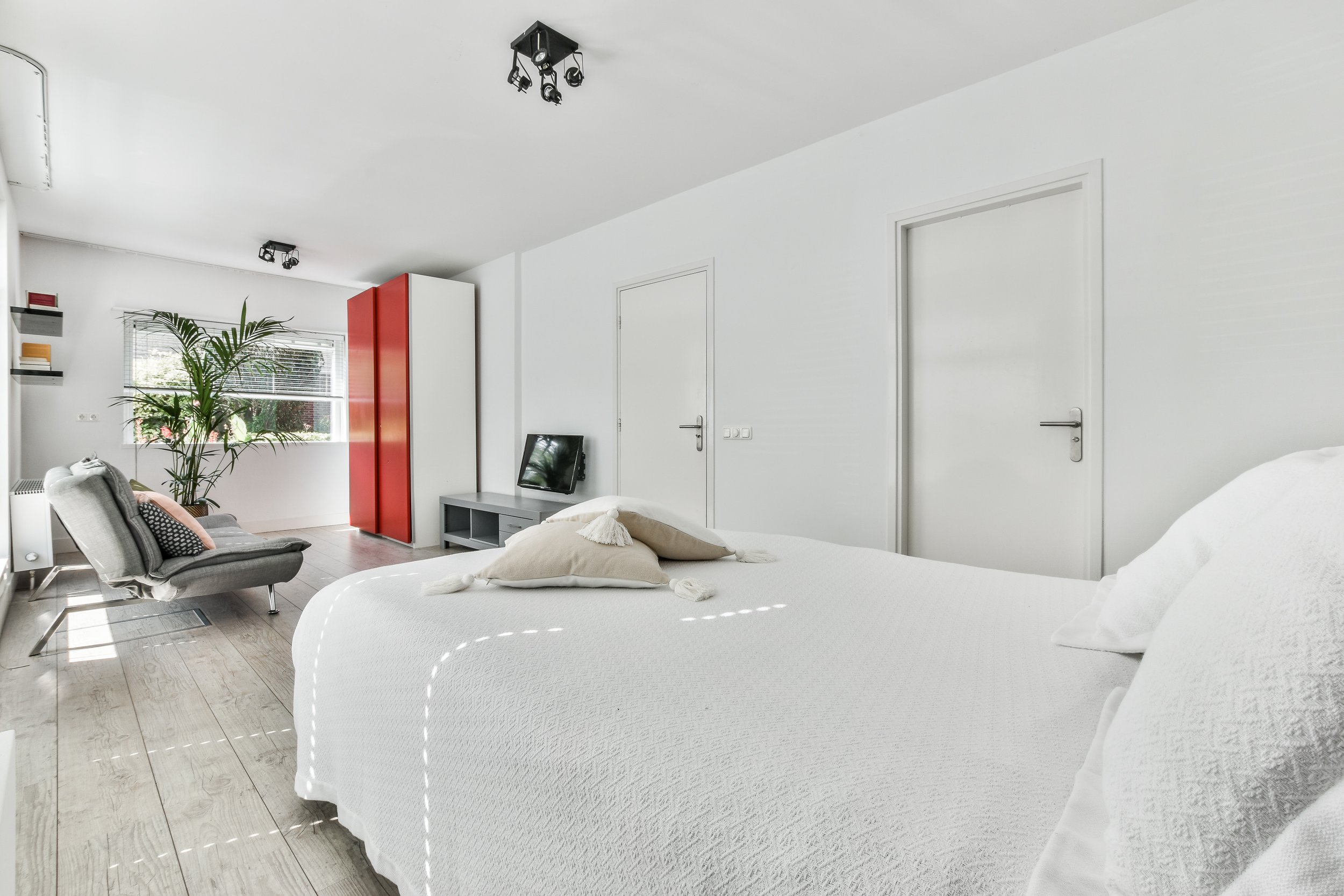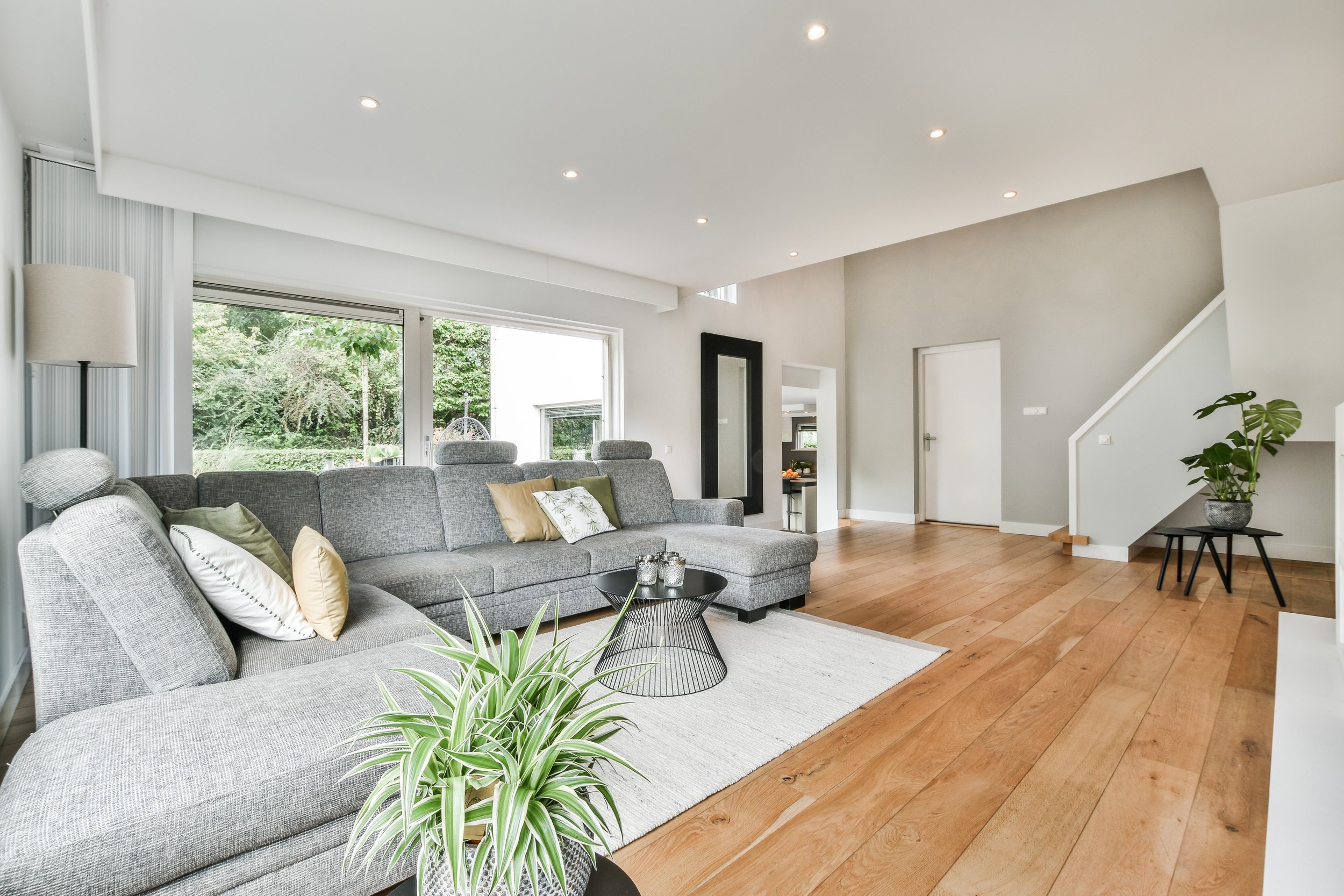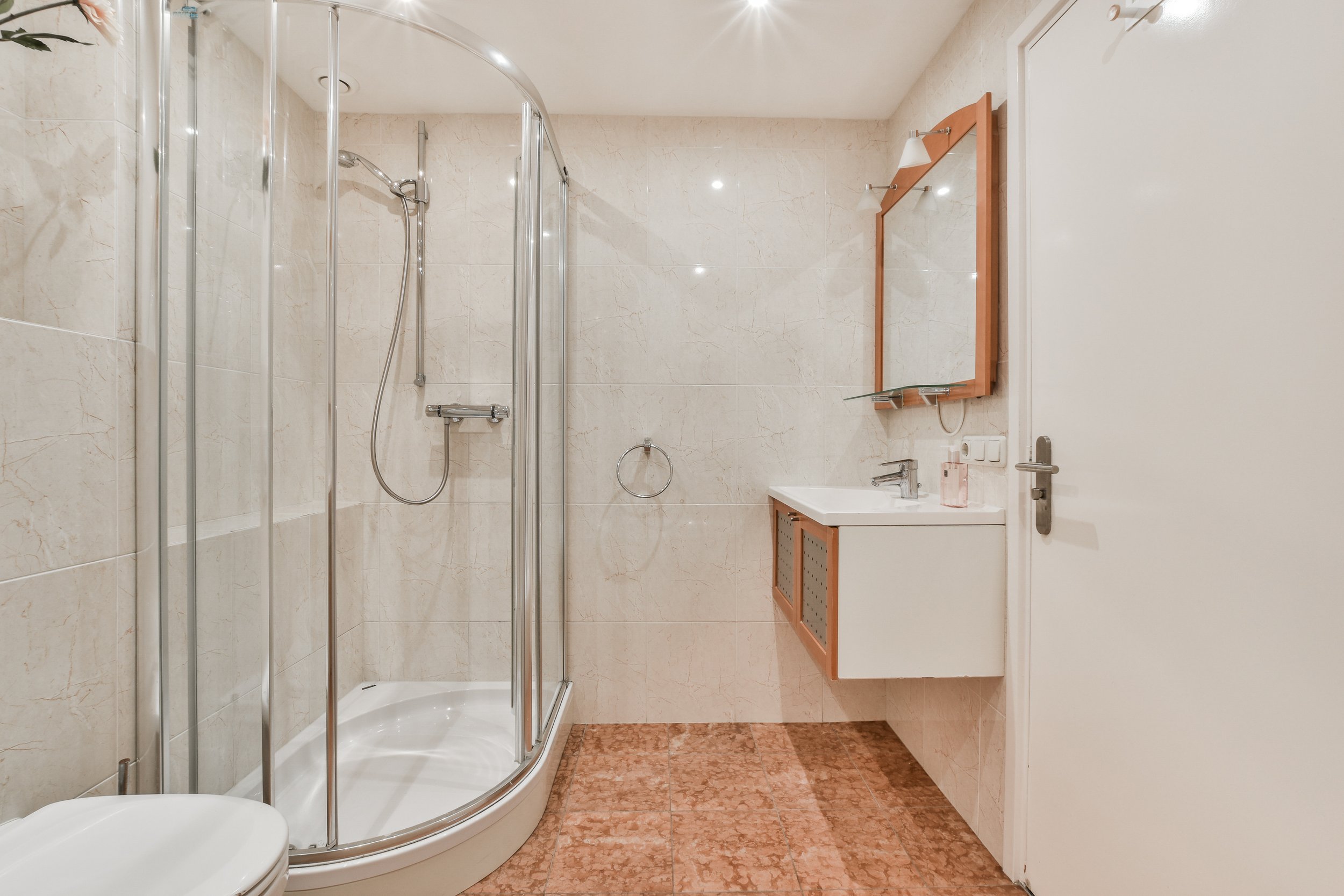
Basement Conversion Projects Growing in East Atlanta Village
Basement conversions are surging across East Atlanta Village as homeowners look for practical space without moving. With home prices rising along Flat Shoals Avenue and around Brownwood Park, families are turning underused basements into income suites, media rooms, home offices, and guest spaces. Heide Contracting has seen a sharp uptick in basement finishing services in Atlanta, GA, especially in neighborhoods with older homes where basements need moisture control and code updates before they can serve daily life.
Why East Atlanta Village is saying yes to basements
Walkable streets and tight lot lines leave little room for additions. A basement conversion solves that constraint. Owners gain 600 to 1,200 square feet, on average, at a lower cost per square foot than building up or out. For many, the math works: the project value shows up in rental income, work-from-home comfort, or resale appeal. A well-finished lower level that meets City of Atlanta code can help listings stand out in zip codes 30316 and 30312.
Common project goals in this neighborhood
Most requests fall into four buckets. First, accessory rental units for long-term tenants, often with a separate entrance off a driveway that slopes down behind the house. Second, family flex areas: playrooms, teen hangouts, and home gyms that keep noise contained. Third, creative studios for musicians and designers in the BeltLine arts scene; here, sound control matters. Fourth, guest suites for visiting family, which calls for a full bath and simple kitchenette.

Heide Contracting advises tailoring each plan to the home’s layout. Many East Atlanta basements were dug decades ago, so ceiling heights and slab conditions vary street to street. A careful survey up front prevents costly change orders.
Moisture and grading: the first checkpoints
Basements in East Atlanta Village often sit below a lot that slopes toward the house. Hydrostatic pressure, red clay, and older French drains can push moisture through hairline cracks. No finish should start until water is under control. The process usually begins with an exterior look at gutters, downspouts, and grading. Redirecting water six to ten feet from the foundation reduces interior risk. Interior options include a perimeter drain with a sump pump, crack injection, and a vapor barrier behind framed walls.

On one recent project near Glenwood Avenue, a homeowner wanted a polished concrete floor. The team found dampness spiking after storms. A trench drain and new downspout extensions dropped baseline humidity from 68% to 48%. Only then did the flooring and trim go in. The space looks clean a year later because the fix addressed the source, not just the symptom.
Code realities: ceiling height, egress, and permits
The City of Atlanta follows the International Residential Code with local amendments. For finished living space, the ceiling generally needs to be at least 7 feet over most of the area, with allowances for beams and ducts. If a bedroom goes in, it requires an egress window or exterior door that meets specific size and height rules for emergency exit. Stairs need consistent rise and run, solid handrails, and proper lighting. Even if a homeowner plans a simple media room, electrical and HVAC work must be permitted and inspected.
Basements with low headroom can still succeed. Options include relocating ducts to exterior walls, using slim LED wafers instead of cans, and recessing beams into dropped soffits that define zones without lowering entire ceilings. Heide Contracting often gains an extra 2 to 3 inches by switching to compact ducted mini-split air handlers in tight spans.
Layout strategies that work in older homes
Basements in 1920s and 1950s houses rarely offer perfect rectangles. Columns and utility runs cut the space. Thoughtful framing turns these quirks into edges. Placing a kitchenette or bath along the shortest path to existing plumbing reduces concrete cuts. Tucking storage behind the furnace room keeps the main area open. If a door leads to the backyard, placing a mud zone nearby helps with daily use.
A popular layout in East Atlanta Village runs a media wall opposite the longest uninterrupted wall, with a small office tucked behind a sound-insulated partition. For rental units, separating bedrooms from shared walls and using solid-core doors improves privacy.
Cost ranges and what drives them
Every house is different, but recent projects give a frame of reference. A dry, open basement that needs framing, electrical, basic HVAC, drywall, LVP flooring, and a half bath usually lands in the $55 to $85 per square foot range. Add a full bath, egress window, upgraded lighting, and built-ins, and the range shifts to $85 to $135 per square foot. Conversions that require significant water control, structural steel, or digging down to gain headroom can exceed $150 per square foot.
Material choices move the needle. LVP handles humidity swings well and keeps costs predictable. Tile stands up in baths and entries. Real hardwood in basements is rare due to moisture; engineered hardwood can work if conditions are stable and a vapor barrier is in place.
Sound, light, and comfort
Basements live or die by comfort. In a rental or studio, sound matters. Decoupled walls, mineral wool in stud bays, and resilient channels help control transfer. Solid-core doors seal better and last longer. For lighting, combine perimeter wall sconces with slim overhead LEDs and a few plug-in lamps for warmth. Natural light lifts the mood; deeper window wells with clean white liners can make a surprising difference.
HVAC sizing needs attention. Many main systems are already near capacity. A dedicated ducted mini-split is quiet, efficient, and often solves the headroom problem created by bulky trunks. Dehumidification should be built into the plan. The goal is 45% to 55% relative humidity year-round.

Permitting timeline and how projects flow
Most East Atlanta Village conversions follow a steady rhythm. Design and selections take two to four weeks. Permitting with the City typically adds two to six weeks, depending on scope and reviewer load. Construction for an average 700 to 900 square foot finish runs eight to twelve weeks. Jobs with exterior egress windows or heavy drainage work can extend by a few weeks due to inspections and site work.
Heide Contracting prefers a transparent schedule with clear milestones: demo and prep, water control, framing and rough-ins, inspections, drywall and finishes, final punch. This cadence helps neighbors too, since many lots sit close together and street parking is tight.
Rental suites and ADU-style thinking
Not every basement qualifies as an official accessory dwelling unit, but ADU thinking still helps. Separate entrances boost privacy. Compact kitchens with induction cooktops, undercounter refrigerators, and a 24-inch dishwasher fit well and hold up to daily use. Durable surfaces cut turnover time between tenants. Heide Contracting: basement finishing services in Atlanta, GA. Pay special attention to sound control at the ceiling plane and the stairwell. If the goal includes short-term rental, meet current City of Atlanta permit rules and confirm zoning limits before investing.
A duplex-style mailbox and a dedicated exterior light with a motion sensor make late arrivals safer and keep the main household undisturbed.
Flooding and storm risk: plan for the worst day
East Atlanta’s intense summer storms can overwhelm old drainage paths. A smart basement plan assumes at least one bad day. This means a battery-backup sump pump, a floor drain where feasible, and water alarm sensors under the sink and near the water heater. If a space will be a rental, push critical outlets higher on the wall and avoid carpet in rooms near exterior entries. Finished trim should be moisture-resistant MDF or PVC in splash zones.
What sets successful projects apart
Projects that age well share a few traits: honest moisture fixes first, lighting that suits how the room will be used, and finishes that match the home’s style upstairs. The best conversions in East Atlanta Village feel connected to the main level, not like a separate bunker. Matching casing profiles, paint colors, and hardware creates that flow.
Owners also win by investing in the parts no one sees: sound insulation, solid doors, and a well-sized HVAC solution. These choices show up every day in quiet, comfort, and lower utility bills.
How Heide Contracting approaches basement finishing in Atlanta
Heide Contracting focuses on clear scopes, predictable costs, and clean jobsites in tight urban blocks. The team starts with a moisture and structure review, then builds a plan that meets City of Atlanta requirements and the owner’s goals. They work across East Atlanta Village, Ormewood Park, Kirkwood, Reynoldstown, and Grant Park, with experience in older foundations and mixed masonry.
For homeowners comparing basement finishing services in Atlanta, GA, it helps to look beyond the square foot price. Ask how the company will handle drainage, headroom, egress, and HVAC capacity. Request a lighting layout and a sound plan if you expect music, workouts, or tenant use. Tight answers here signal a smoother build.
Quick pre-project checklist
- Confirm ceiling height and beam locations; note any spots under 7 feet.
- Check for moisture after heavy rain; photograph any damp areas.
- Map existing plumbing for bath and kitchenette placement.
- Verify electrical panel capacity for added loads.
- Identify the best path for a private entrance or egress window.
Ready to explore your basement’s potential?
If you live near East Atlanta Village and want more usable space, a basement conversion might be the most practical move you can make this year. Heide Contracting can assess moisture, structure, and layout, then deliver a plan that fits the house and the budget. Schedule a site visit to discuss your goals, see recent local projects, and get a clear proposal that aligns with Atlanta code.
Heide Contracting provides renovation and structural construction services in Atlanta, GA. Our team specializes in load-bearing wall removal, crawlspace conversions, and basement excavations that expand and improve living areas. We handle foundation wall repairs, masonry, porch and deck fixes, and structural upgrades with a focus on safety and design. Whether you want to open your floor plan, repair structural damage, or convert unused space, we deliver reliable solutions with clear planning and skilled work. Heide Contracting
Atlanta,
GA,
USA
Phone: (470) 469-5627 Website:
https://www.heidecontracting.com,
Basement Conversions
Instagram: @heidecontracting
Facebook: Heide Contracting